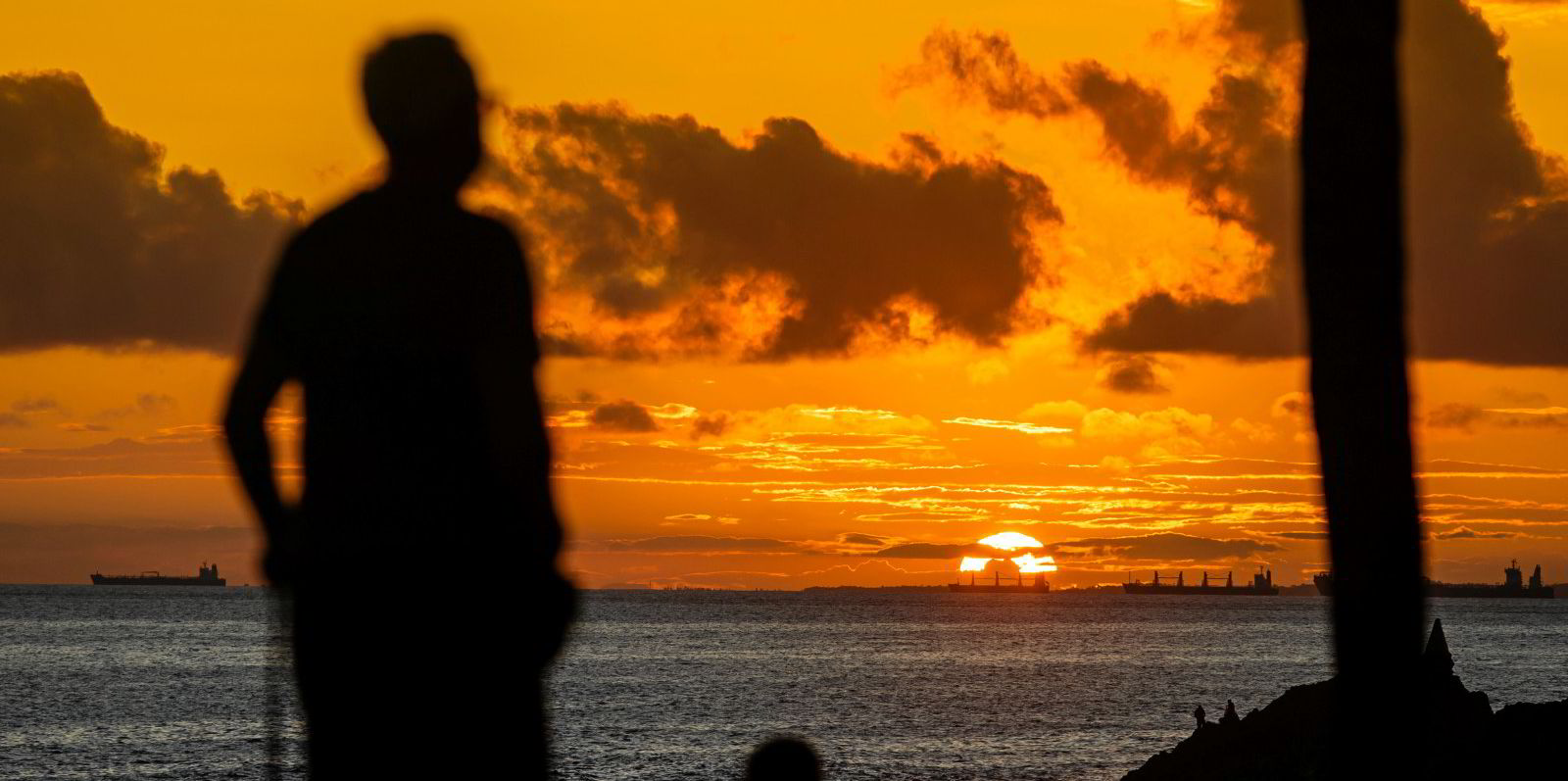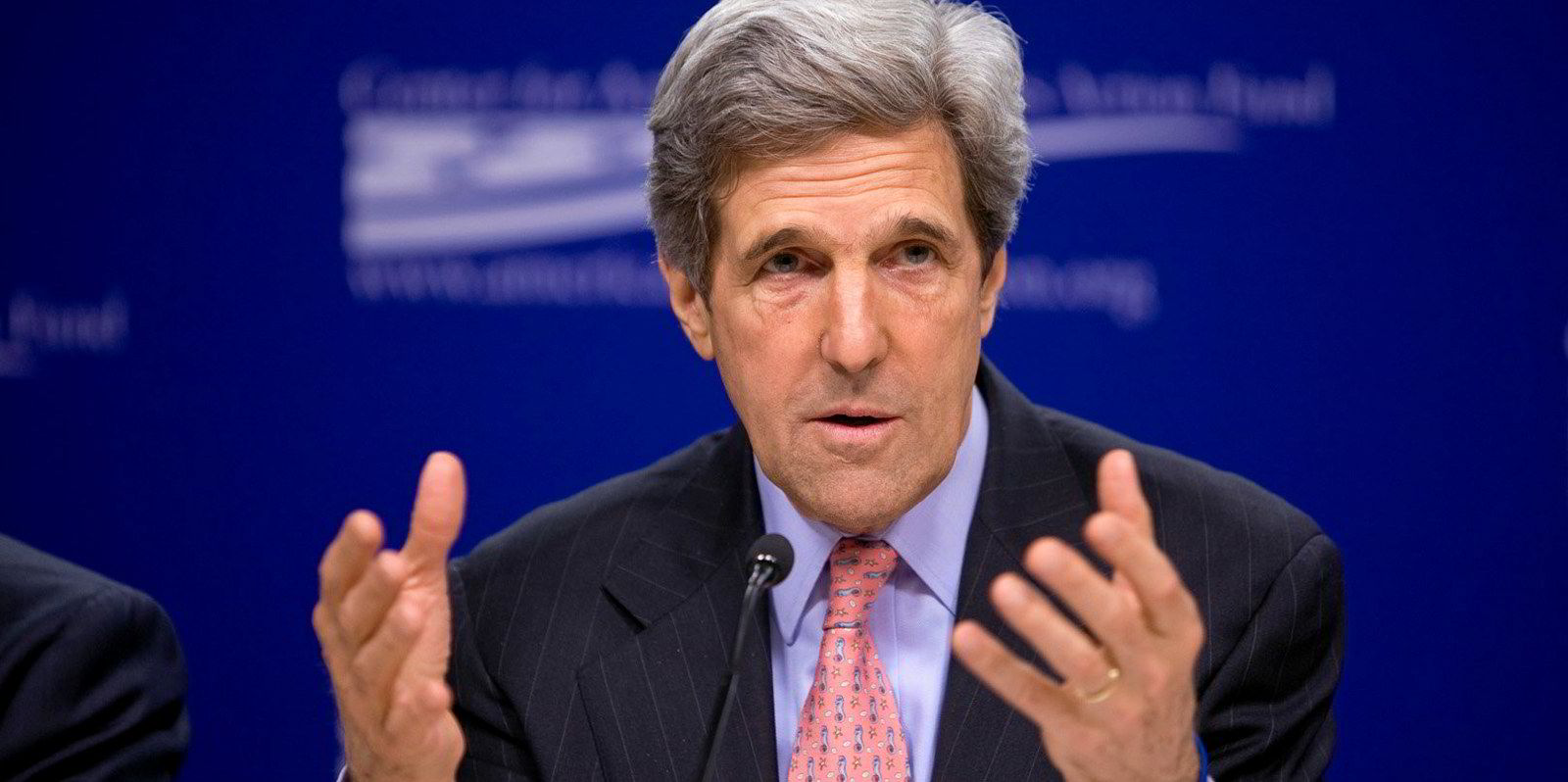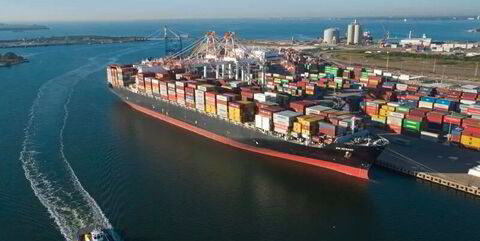The International Maritime Organization has agreed a proposal to improve carbon intensity of ships by 2% annually between 2023 and 2026.
The agreement on the Carbon Intensity Indicator (CII) regulation mandates a series of short-term measures starting in 2023.
Those would ultimately aim to achieve a 40% reduction in the carbon intensity of the existing fleet by 2030.
The measures involve an alphabet soup of regulations, including the CII, the Energy Efficiency Existing Ship Index (EEXI) and an enhanced Ship Energy Efficiency Management Plan (SEEMP).
The agreement comes after IMO secretary general Kitack Lim told delegates at the Marine Environment Protection Committee (MEPC) that, with the clock ticking down on the IMO's decarbonisation targets, measures had to be agreed.
“Failure is not an option,” he said.
However, environmental non-government organisation Pacific Environment described the agreement as a “weak, low-ambition package of short-term policy measures” that will allow shipping's 1bn tonnes per year of CO2 output to keep rising by as much as 16% by 2030.
The group said: “Instead of seizing the opportunity to drive uptake of green technologies over the next decade and align shipping with the Paris Agreement [on climate change], the IMO has once again let corporations, shipbuilding and ship registry nations, and petrostates control policy outcomes that affect the habitability of our planet.”
The proposal won through on a narrow vote and there was substantial opposition to the package of measures for not going far enough.
As earlier reported by TradeWinds, the US, many European Union members and Pacific Island countries wanted to see a doubling of carbon efficiency targets under the CII. They were also unhappy about a lack of enforcement measures.
Voting in favour of the package was leading shipping nations including Japan, South Korea, Norway, Singapore, Bahamas and Liberia.
It appears that a combination of a short virtual meeting and time pressure to come to an agreement may have persuaded just enough IMO member states to back the package of measures despite the opposition. The possibility of resetting targets after 2026 will have also helped get the package through.
This story has been amended since publication to reflect that the environmental group statement criticising the agreement was only from Pacific Environment.(Copyright)






